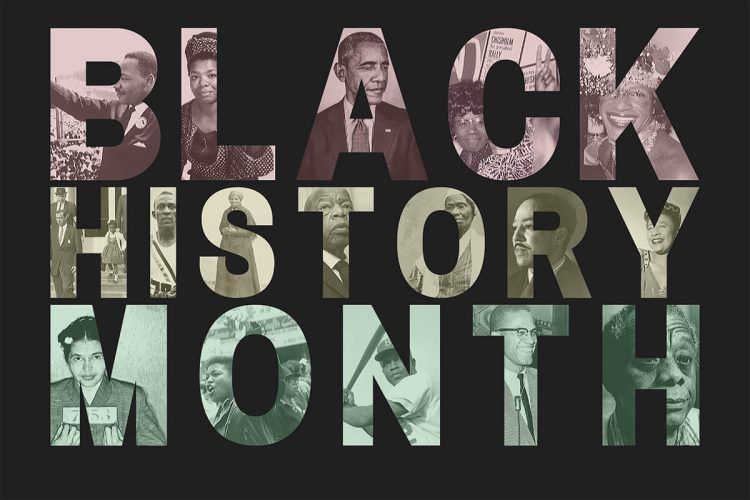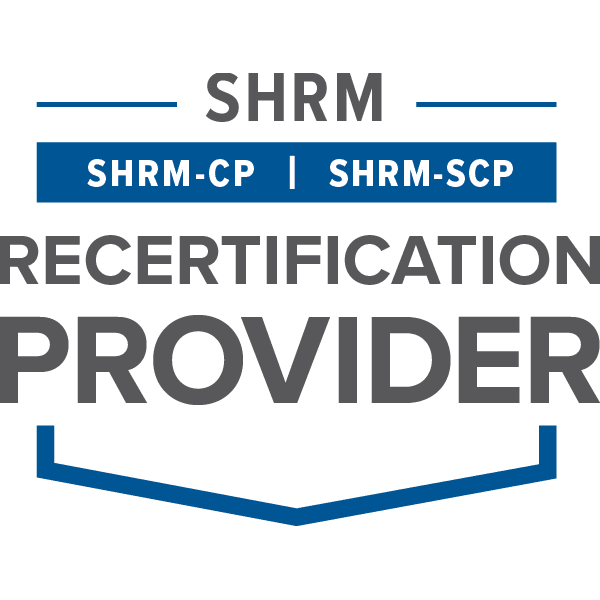Recovering from The Great Resignation
As the Great Resignation continues, employees are increasingly voicing what they need and want from their employers. Employees are continuing to leave their jobs searching for better work life balance, flexibility, better treatment, and better schedules.
As we move forward, the Great Resignation or as some call it, The Great Upgrade will have a long-lasting impact on the future of work. As we can see from the news around the country and in our own workspaces, important dialogue is happening between employees and employers. The biggest topics are around, mental health and well-being, empathy, and environmental, social, and corporate governance.
Below are a few statistics to think about on the current state of our work force, suggestions on redefining work as we know it and understanding how companies and employees are changing their priorities during this incredible shift.
- Worker retention is more challenging than pre-pandemic. The rate of employees voluntarily quitting their jobs is 25% higher than pre-pandemic levels.
- Leading reasons for leaving a job in 2021 included feeling disrespected at work (57%), insufficient benefits (43%), and long working hours (39%). (Source: Pew Research).
- Employee expectations around wellness are changing. Mental and emotional well-being have surpassed physical well-being as a critical focus for employer well programs. (Source: HR.com)
- Employers are making health and well-being a priority. A 2022 study found that 87% of U.S. employers surveyed were making it a priority to improve or enhance their health and well-being benefits: example – Virtual care. (Source: WTW)
- Flexibility and work-life balance trump financial compensation. 63% of job seekers recently surveyed indicated work-life balance was their top priority when picking a new job, above compensation.
- The same survey found that workers are 2.6 times more likely to report being happy when satisfied with their companies’ time and location flexibility. (Source: LinkedIn)
- Employees want empathetic leaders. Nearly 90% of U.S. workers surveyed said that empathetic leadership leads to higher job satisfaction, with many looking for empathetic qualities including trust, openness and transparency, and follow-through. (Source: Gallup).
- Company culture matters. A recent analysis found that a toxic corporate culture is 10.4 times more powerful than compensation in predicting a company’s turnover. (Source: MIT Sloan Management Review).
The current job market does give employees the opportunity and leverage they need to be patient and wait for the right job. Some experts predict that the Great Resignation will be over by 2023. While that may be true, the workforce and industry employment standards will never be the same. I do believe that while employers are deciding, the pay, the job descriptions, the hours and opportunities, that they are intentionally listening to the workforce and are trying to be sensitive and incorporating new strategies and benefits for this new normal.





